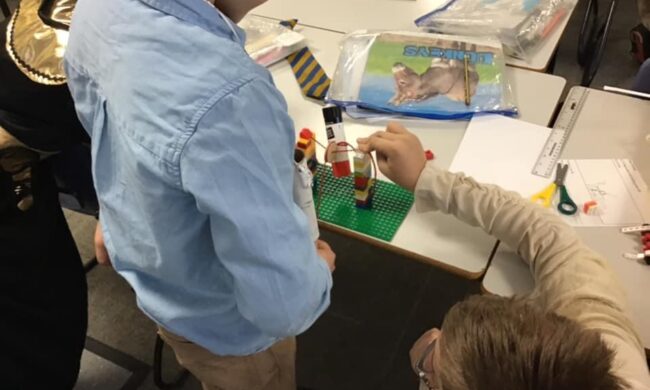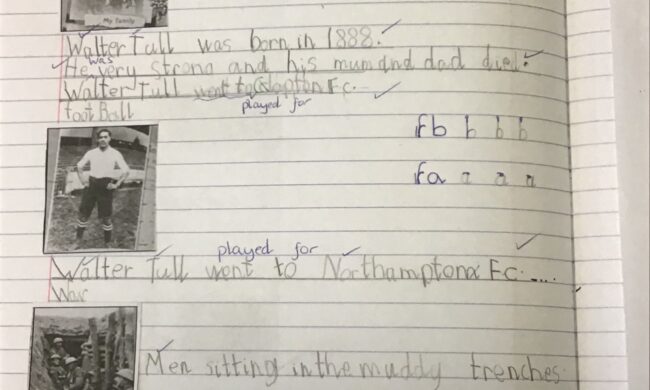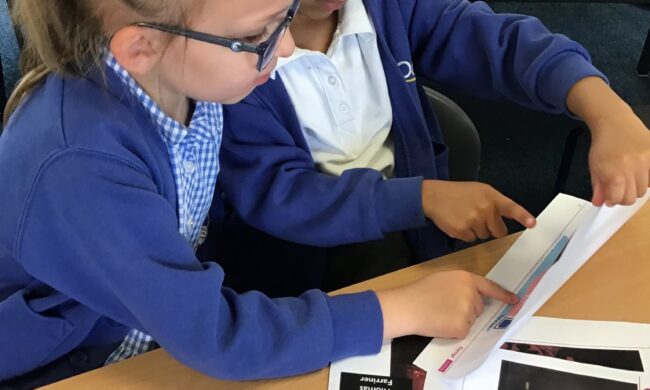



History: Statement of Intent
We deliver history through the CUSP curriculum.
CUSP History draws upon several powerful sources of knowledge:
- Substantive knowledge – this is the subject knowledge and explicit vocabulary used about the past. Common misconceptions are explicitly revealed as non-examples and positioned against known and accurate content. Misconceptions are challenged carefully and in the context of the substantive and disciplinary knowledge. In CUSP History, it is recommended that misconceptions are not introduced too early, as pupils need to construct a mental model in which to position new knowledge.
- Disciplinary knowledge – this is the use of that knowledge and how children construct understanding through historical claims, arguments and accounts. We call it ‘Working Historically.’ The features of thinking historically may involve significance, evidence, continuity and change, cause and consequence, historical perspective, and contextual interpretation.
- Historical analysis – is developed through selecting, organising and integrating knowledge through reasoning and inference making in response to our structured questions and challenges. We call this ‘Thinking historically’
- Substantive concepts – such as tax, invasion and civilisation are taught through explicit vocabulary instruction as well as through the direct content and context of the study.
History Curriculum
History Overview
Example Learning Sequence
History Curriculum
Content under review
History Overview
Example Learning Sequence
Year 1 – Events beyond living memory
Small Step Sequence –
- Where is London? When was the Great Fire of London?
- How did the fire start? Why did the fore spread so quickly?
- Where did the fire spread to?
- How do we know about the Great Fire of London?
- What effect did the fire have on London?
Year 4 – The Viking and Anglo-Saxon struggle for the Kingdom of England to the time of Edward the Confessor
Small Step Sequence –
- What was life like for the Vikings?
- When did the Vikings attack Britain?
- Where did the Vikings invade and settle?
- Why were the Vikings so feared and successful?
- When were the Vikings most powerful?
- What peace was agreed between the Anglo-Saxons and Vikings?
- What happened to the Vikings in England?
- Why did the Normans and Vikings both think they had a right to the throne of England?
